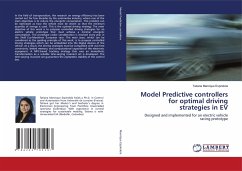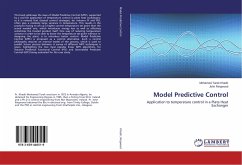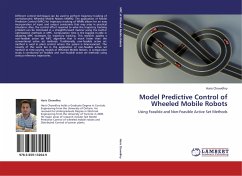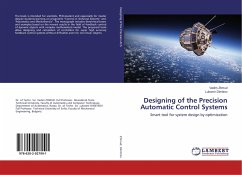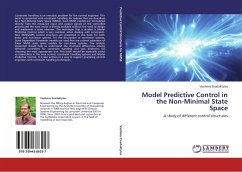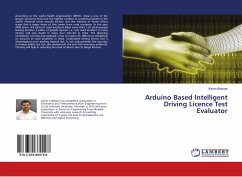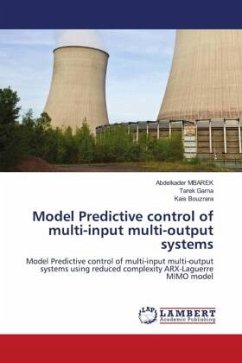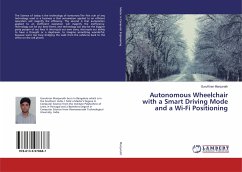In the field of transportation, the research on energy efficiency has been carried out for few decades by the automotive industry, where one of the main objectives is to reduce the energetic consumption. This problem can be rephrased as how the vehicle must be driven so that the minimum quantity of energy is used. This is the optimal driving strategy. The main objective of this work is to propose controlled driving strategies for an electric vehicle prototype that must achieve a minimal energetic consumption. The prototype under consideration is involved every year in the Shell Eco-Marathon European race. The main issue, which can be considered as the guiding principle of this work, is to propose controlled driving strategies which can be embedded into the digital devices of the vehicle. As a result, the driving strategies must be compatible with real time constraints, limited memory, and computational capacities of the electronic equipment. A MPC-based tracking strategy that uses an homothetic transformation as a suitable time-varying invariant set is developed. The time-varying invariant set guarantees the asymptotic stability of the control law.
Bitte wählen Sie Ihr Anliegen aus.
Rechnungen
Retourenschein anfordern
Bestellstatus
Storno

